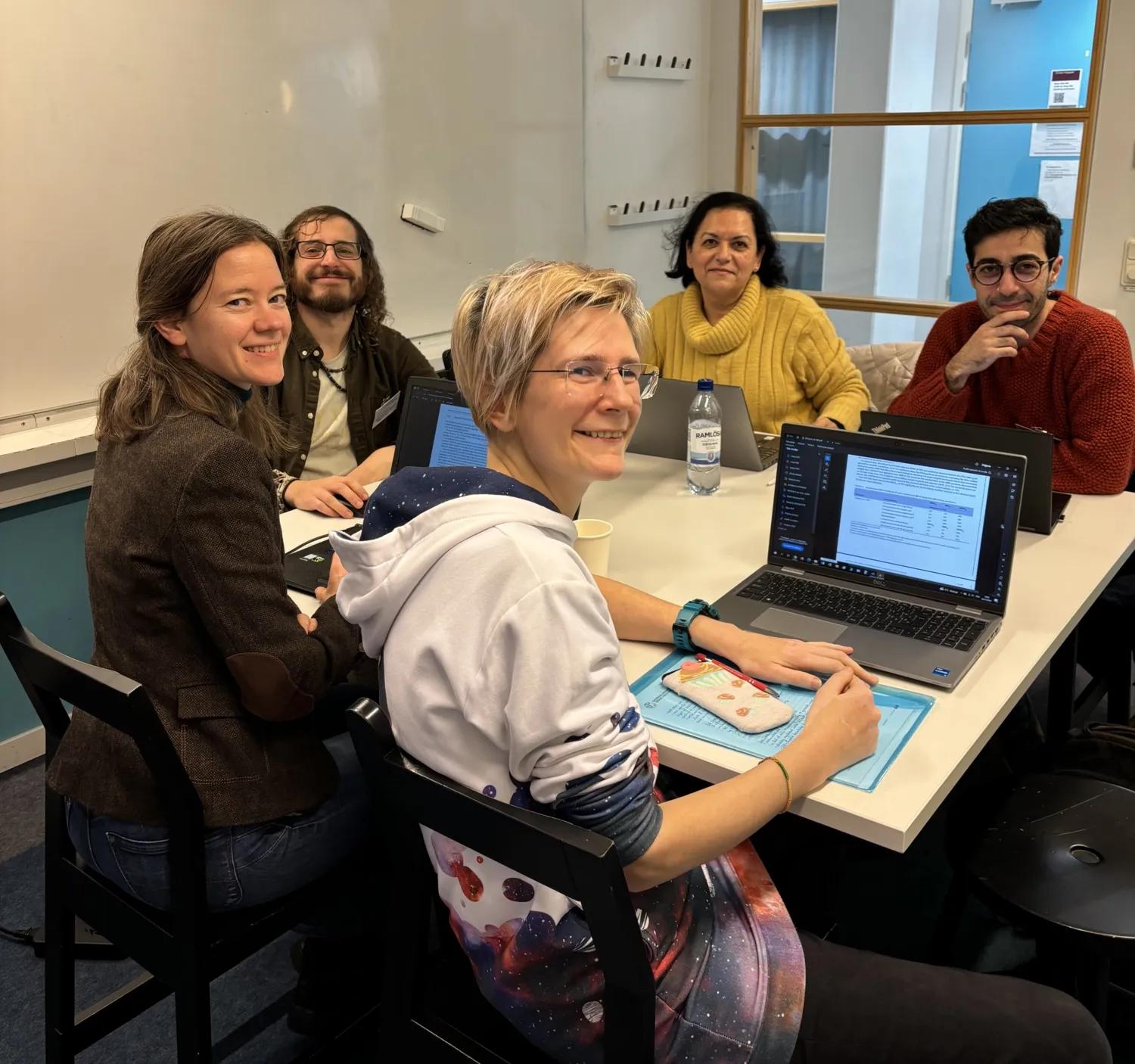On November 18-22, 2024 IMM organised the course "Health risk assessment of chemicals - principles and applications" within the EU funded project PARC (Partnership for the Assessment of Risks from Chemicals). The course was attended by 32 participants from 22 PARC partners in 13 countries.
"The course participants were a good mix from different organisations and brough their diverse previous knowledge and experience to the course to learn about health risk assessment. The course structure with presentations with ample time for discussion and group assignments in small groups gave possibilities for in depth learning as well as networking", remarked Johanna Zilliacus, the course coordinator.
- The course introduced the concept of risk assessment, e.g. different steps in risk assessment (hazard identification, hazard characterisation, exposure assessment, risk characterisation).
- Different types of data from in vivo/animal, epidemiological and in vitro studies as well as exposure data that are used in risk assessment were discussed, including assessment of relevance and reliability of the data, and how different kind of evidence is integrated.
- New approaches and next generation risk assessment was introduced.
- The principles on how to derive health-based guidance values such as Acceptable Daily Intake (ADI) and to derive Margins of Safety values based on the data were exercised.
- The course also provided examples of the role of risk assessment in regulatory decision making and presented cases with examples.
- In group assignments the participants analysed and discussed different risk assessment reports from EFSA, ECHA and US EPA that they also presented and discussed with the other groups.
- A get together reception on the first day and a pub evening on the last night gave additional opportunities for interaction.

The course was organised by Johanna Zilliacus, Anna Beronius and Annika Hanberg. Linda Schenk and Maria Kippler also participated as teachers.
In autumn 2025 IMM will organize an additional course within the EU funded project PARC course on Adverse outcome pathways.






